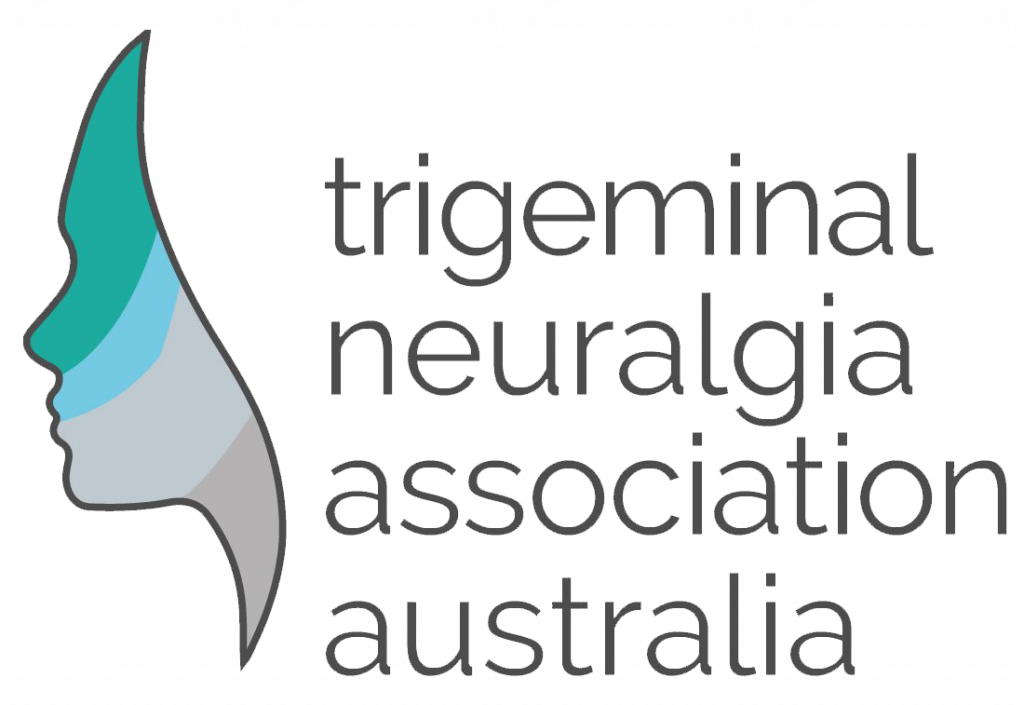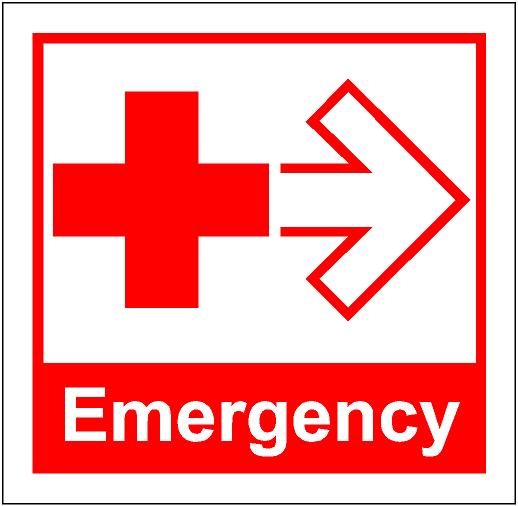Emergency Department – Break-through Trigeminal Neuralgia Pain
This week the Association launched our Emergency Department plastic wallet cards – to assist sufferers with communicating when attending a hospital emergency department with break-through trigeminal neuralgia pain The following…



